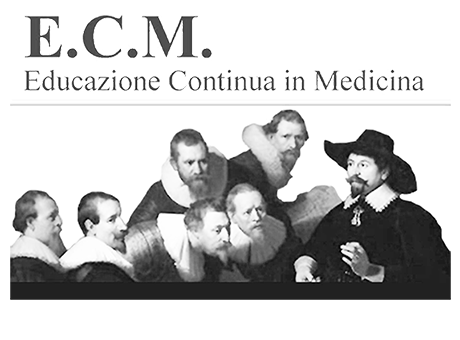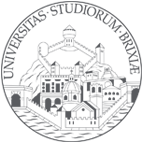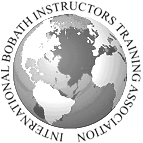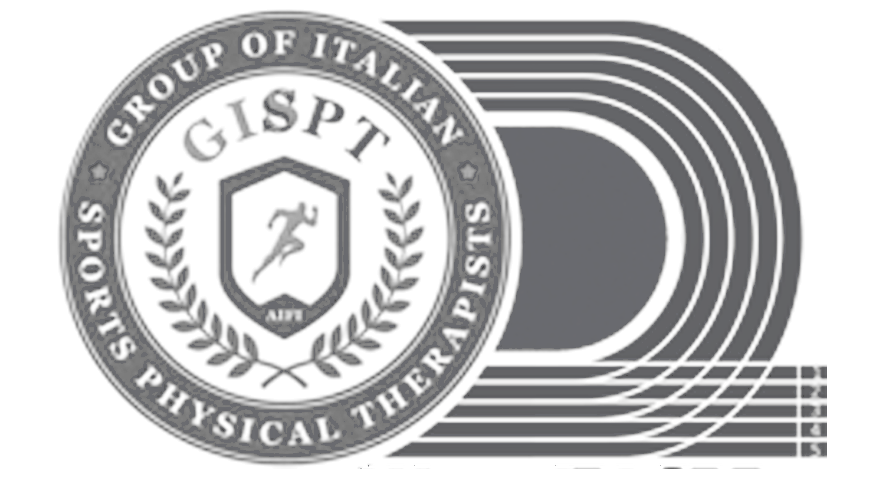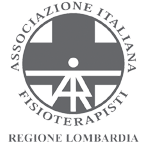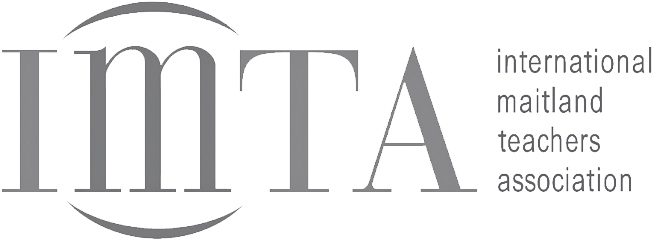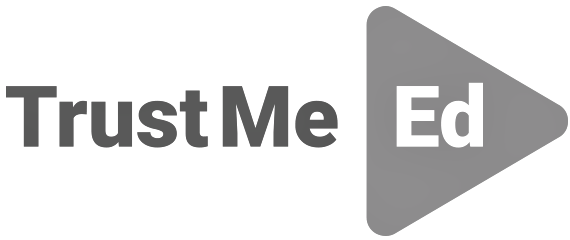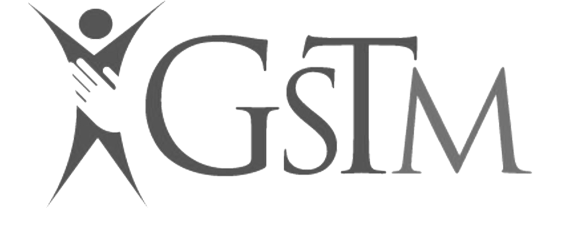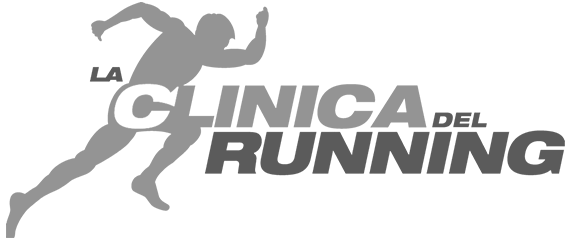May 31, 2024
EM332: CREMONA - Workshop - Observation, evaluation, therapeutic plan of the child with complex pathology: infantile cerebral palsy and similar pathologies
-
Physiotherapist, EBTA Tutor, EBTA Group Italy
Introduction:The child who cannot have normal neuro-developmental development due to sensory and motor problems caused by neurological damage or genetic problems or rare diseases, will have an altered neuro-developmental development and will find alternative functional solutions to cope with his basic difficulty. These alternative strategies can both facilitate the solution of the child's functional problems and produce limitations on the motor and perceptive repertoire of the child with neuromotor pathology.
Specific objectives:
Provide theoretical knowledge and practical experience on clinical assessment and the skills necessary to respond to the priority and essential needs of the family and child affected by neuromotor, genetic pathologies, syndromes and rare diseases. The quality of the assessment, clinical reasoning and task analysis, through a relational, affective, sensorimotor and cognitive approach, will help the child to obtain the fundamental prerogatives for his growth path, avoiding the onset of further difficulties or any worsening situations compared to the initial clinical picture.
In collaboration with:
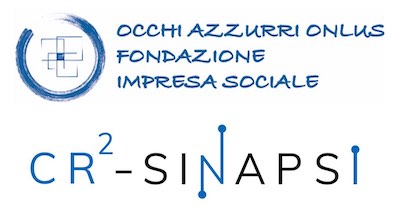
Intended for
Payments
- Deposit €305.00 within 7 days from the registration
- Balance €244.00 by date May 17, 2024
Calendar
language
Course Location: Centro CR2 SINAPSI Cremona
SCHEDULE
First day
Session 1: Observation of the child with neuromotor pathology
08.30-10.45 Master's Lesson: Guide to the observation and evaluation of children with CP and similar situations
10.45 -11.00 Coffee break
11.00-12.00 Technical demonstration observation/demonstration of a clinical case by the teacher and interview with the child's family and rehabilitators
12.00-12.30 Discussion in small groups
12.30-13.30 Discussion in plenary session: general discussion on the case observed and compilation of the evaluation form indicated by the teacher
1.30pm-2.30pm Lunch break
Session 2: Warning signs in the first year of life
2.30pm-3.30pm Master's Lesson: Observation of warning signs during the first trimesters of life
3.30pm-4.30pm Discussion in plenary session: Observation of a video or observation/demonstration of a clinical case by the teacher
4.30-5.00 pm Discussion in small groups: discussion on the observed case
5.00pm-5.30pm Discussion in plenary session: general discussion on the case observed with evaluation form indicated by the teacher
5.30-5.45pm Summary of learning and conclusion of the day
Second day
Session 1: The formulation of the therapeutic project
8.30-10.45 Master's Lesson: Observation, evaluation and formulation of the rehabilitation project. The objectives aimed at the child, the family and the rehabilitator
10.45-11.00 Interval
11.00-12.00 Technical demonstration: observation/demonstration of a clinical case by the teacher and interview with the child's family and rehabilitators
12.00-12.30 Discussion in small groups
12.30-13.30 Discussion in plenary session: general discussion on the case observed and compilation of the evaluation form indicated by the teacher
1.30pm-2.30pm Lunch break
Session 2: The child with serious disabilities (Teacher: Caterina Castagneto)
2.30pm-3.30pm Master's Lesson: The child with severe disabilities: infantile cerebral palsy and similar neurological conditions
3.30-4.30pm The child with serious disabilities: the associated problems
4.30-5.00pm Observation of a video/clinical case and identification of rehabilitation objectives
17.00-17.30 Discussion in plenary session: general discussion on the case observed
5.30-5.45pm Summary of learning and conclusion of the day
Third day
Session 1: Quality of life for the child and family
8.30-10.45 Master's lesson: The child with severe disabilities: functional solutions for a good quality of life. The evaluation of aids
10.45-11.00 Interval
11.00-12.00 Technical demonstration: observation/demonstration of a clinical case by the teacher and interview with the child's family and rehabilitators.
12.00-12.30 Discussion in small groups
12.30-13.30 Discussion in plenary session: general discussion on the case observed
1.30pm-2.30pm Lunch break
Session 2: The postural well-being of the child and family
2.30pm-3.15pm Care and nurturing of the child throughout the 24 hours and attention to the postural choices of adults who revolve around the child
3.15pm-4.15pm Work in small groups: observation of a video of a clinical case proposed by the participants and identification of solutions for postural wellbeing
16.15-16.45 Discussion in plenary session
4.45pm-5.15pm ECM test
5.15pm-5.30pm Last questions, summary of learning and conclusion of the course
